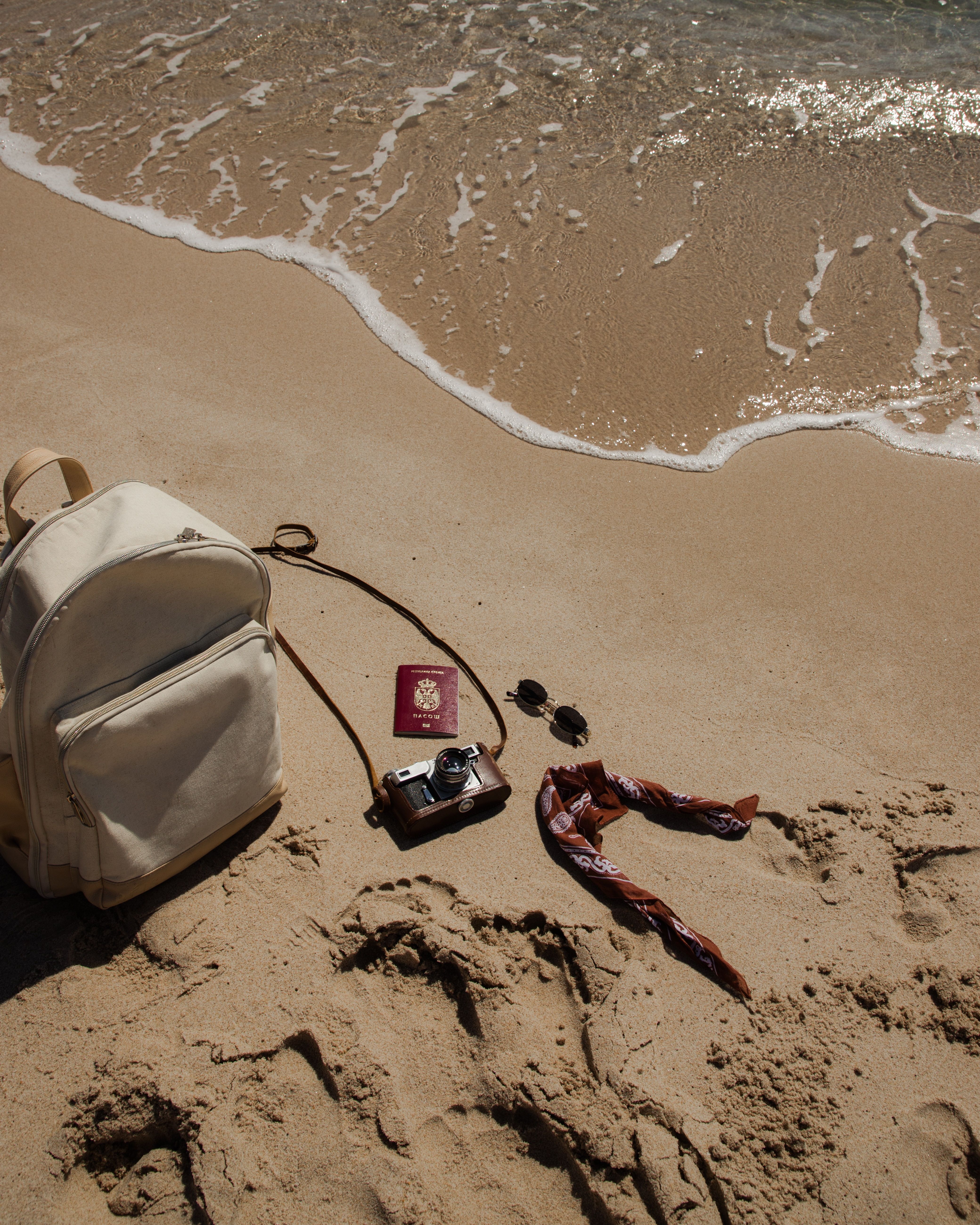
Understanding the Relationship Between Travel and Mental Well-Being
Researchers in a variety of disciplines, including psychology, public health, and leisure studies, have been interested in the connection between travel and mental well-being. By offering possibilities for social contact, personal growth, stress reduction, and relaxation, travel has the potential to have a good impact on mental health. According to a research report in the "Journal of Travel Research" (2008), traveling with family or friends can increase social ties and enhance relationships.

Travel and mental well-being are intricately connected, with many different psychological, emotional, and physiological aspects playing a role. Travel can improve mental health, but it's vital to remember that everyone responds to it differently.
Stress Reduction and Relaxation
It's crucial to incorporate stress reduction tactics into your everyday life because prolonged stress can have a negative impact on your physical and mental health. Traveling can be a fantastic way to unwind and relieve stress.
Vacations can significantly reduce stress and increase mood and general well-being. Traveling to new areas can offer a reprieve from daily tensions and routines, especially when done in natural and peaceful settings. Reducing stress and relaxing can be achieved through partaking in leisure pursuits, discovering unfamiliar cultures, or just disengaging from work and obligations.
Nature and Mental Well-Being
The relationship between nature and mental health has long been understood, and in recent years, a great deal of research has been done on the subject. Regular exposure to the outdoors, whether it be through gardening, weekend treks, or everyday park walks, can dramatically enhance one's mental health and overall quality of life.
Traveling and being in natural settings might be good for your mental health. The advantages of nature-based travel for mental health were underlined by research published in the "International Journal of Environmental Research and Public Health" (2020). Going on vacation gives people a chance to unwind and rejuvenate, which can lead to better sleep habits, less burnout, and more energy when they get back.

Positive Feelings and Happiness
According to studies reported in the "Journal of Travel Research" (2012), people who take leisure trips feel good feelings, which might increase their level of happiness and life satisfaction. A fulfilling and enjoyable existence must have an element of happiness and good sentiments. Making and keeping good connections with family, friends, and other loved ones may be a great source of joy and comfort. It's important to surround yourself with positive and inspiring people.
Traveling frequently evokes pleasant feelings like excitement, awe, and wonder. These positive feelings encourage optimistic thinking and general happiness, which can have a significant effect on mental health.
Personal Growth and Self-Esteem
The continuous process of self-improvement and development that people go through throughout their lives is referred to as personal growth. It includes a person's emotional, intellectual, physical, and social well-being, among other areas of their existence. The desire to improve oneself, find fulfillment, satisfy one's potential, and accomplish one's goals all serve as motivators for personal growth.
According to studies reported in the "Journal of Personality and Social Psychology" (2010), seeing new areas and encountering various cultures can result in personal development, boosted self-esteem, and a sense of success. A sense of accomplishment and personal development can be fostered by handling circumstances successfully in unfamiliar environments.
Mindfulness and Mental Wellness

Experiences on the road can help people become more mindful and present in the moment, which has been linked to better mental wellness. (2018)'s "Applied Research in Quality of Life" journal released a study that looked at the connection between travel and mindfulness. Being mindful and in the present moment can be encouraged when traveling. Immersion in new environments and activities can assist people in focusing on the present and momentarily disengaging from ruminating and negative thought patterns.
Conclusion
These studies and references imply that traveling can positively impact mental health by fostering opportunities for stress relief, good feelings, personal development, social contact, mindfulness training, and exposure to the outdoors. To get the best results for one's mental health, travel should be planned in accordance with one's preferences and needs, but it's crucial to keep in mind that individual experiences may vary. During travel, overcoming obstacles and navigating strange situations can enhance self-esteem. Travel to northern areas especially in greenery fosters a very positive effect on mental health and it has a positive effect on physical health too.
Walking, biking, and other outdoor activities that take place in a natural setting promote physical activity. Regular physical activity is recognized to provide a variety of advantages for mental health, including lowering the risk of anxiety and depression. Travel can offer chances for stress relief, personal development, good feelings, and social connection; however, its effect on mental health is individualized and influenced by several variables. When thinking about travel as a way to improve their mental health, people should examine their personal requirements, preferences, and comfort levels.
